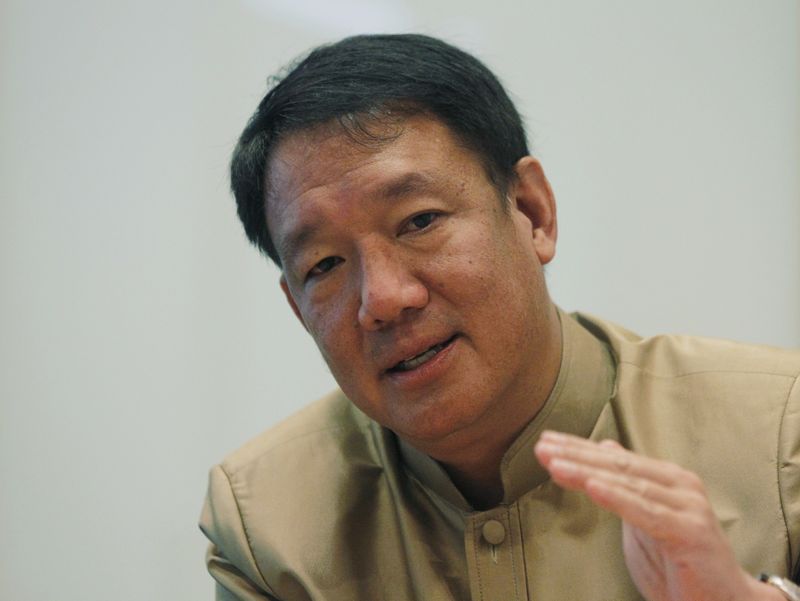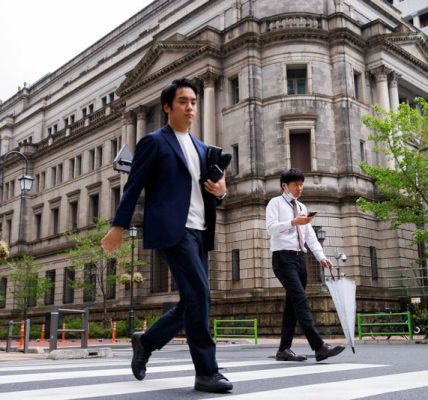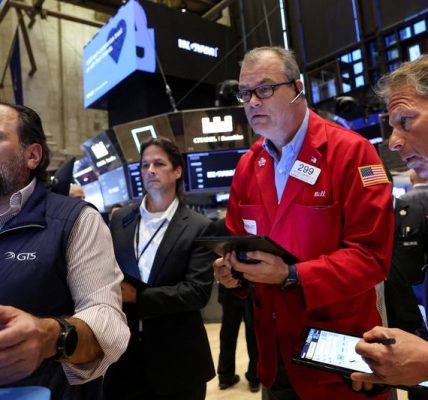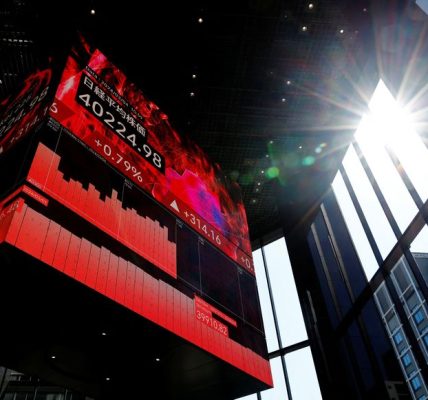BANGKOK (Reuters) – The Bank of Thailand (BOT) said the independent committee selecting its board chairman had delayed its decision by a week on Monday, as former central bank governors warned political interference in monetary policy could weaken the economy.
The government’s nomination of former finance minister Kittirat na Ranong, a ruling party loyalist and staunch critic of the current BOT governor, had sparked some concerns that the central bank’s independence was at risk.
The government has been at loggerheads with the BOT since taking office last year, consistently pressuring the central bank to cut rates and calling for a higher inflation target. The BOT unexpectedly cut rates in October.
In an open letter on Friday, four former central bank governors and other leading economists had said they were “deeply concerned” about political nominations for the role, saying it could severely damage long-run stability and growth.
While the BOT chairman does not direct interest rates, they head the panel that chooses policy committee members. The chair will also be involved in selecting the next BOT governor when Sethaput Suthiwartnarueput’s term ends in September 2025.
The seven-member selection panel will meet again on Nov. 11 to pick a new chairman. Its decision must be approved by the finance minister, cabinet and king.
“The committee agreed that more time was needed to consider all aspects of information in order for the meeting to be effective and efficient,” the committee said in a statement published by the central bank.
There are two other candidates for the role, a former permanent secretary of energy and a former university dean, who both have the backing of the BOT.
Early last month, the committee had extended the assessment period to ensure thorough screening of candidates.Prime Minister Paetongtarn Shinawatra, before she became premier, said central bank independence was an ‘obstacle’ to solving economic problems.
The central bank cut it s policy rate by 25 basis points to 2.25% on Oct. 16, saying the decision was a ‘recalibration’ of policy and not due to political pressure.
The government last week agreed to keep the inflation rate target range at 1% to 3% for next year.





